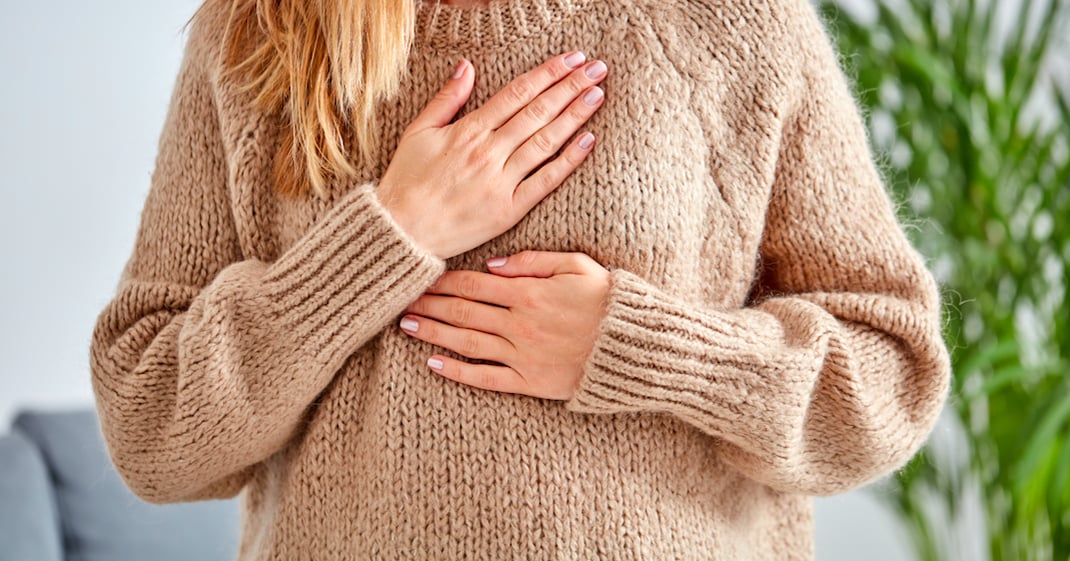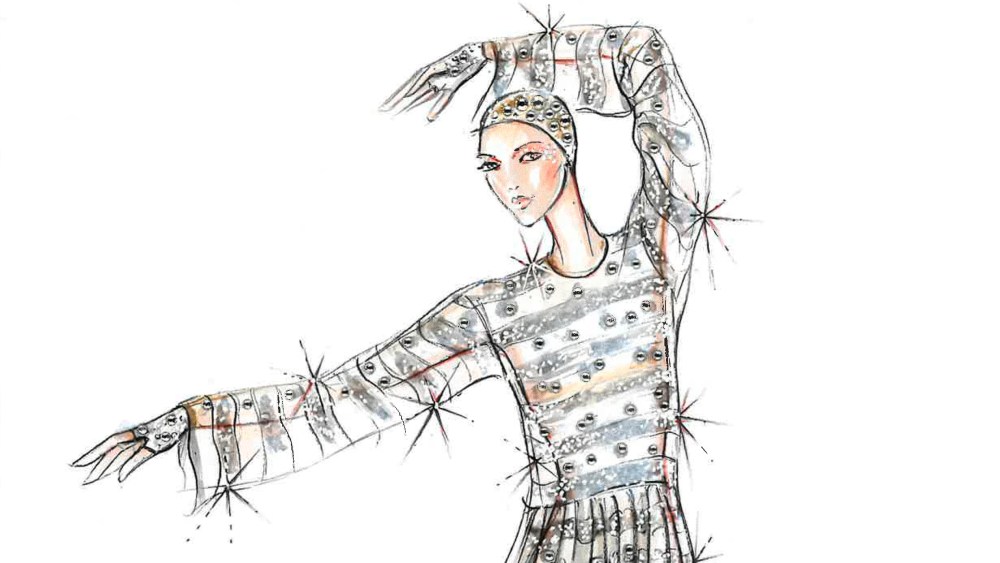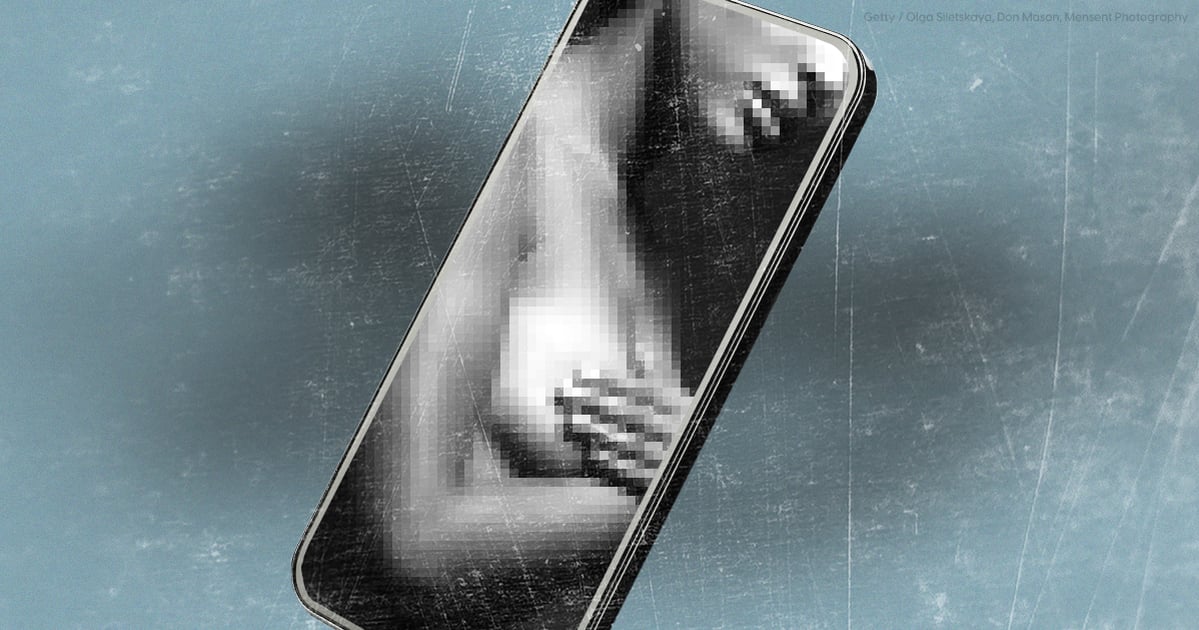A burp is a common sign that you’re, well, experiencing some gas. Chest pain, on the other hand, is a gas symptom that’s way less discussed. “Gas can cause more than just pain in the belly. Gas can be described as a stabbing pain or tightness in the chest, which mimics chest pain,” Monisha Bhanote, MD, FCAP, an integrative medicine physician, says. Plus, “gas trapped on your left side can cause chest pain that’s easy to mistake for a heart attack,” per the Cleveland Clinic – which admittedly can be pretty scary. But why does this happen, exactly?
Ahead, we asked doctors to break down why gas can cause chest pain, how to remove trapped gas in the chest, and the difference between gas pain and a heart attack.
Experts Featured in This Article:
Monisha Bhanote, MD, FCAP, is an integrative medicine physician.
Harmony Reynolds, MD, is an American Heart Association national volunteer expert and cardiologist at NYU Langone Health in New York City.
Can Gas Cause Chest Pain?
Yes. “Intestinal gas can cause chest pain because the stomach or intestines get stretched by extra gas that we swallow, activating nerve endings to cause pain,” says Harmony Reynolds, MD, American Heart Association national volunteer expert and cardiologist at NYU Langone Health in New York City.
How to Tell the Difference Between Gas Pain and a Heart Attack
It can be difficult to tell the difference between gas and a heart attack. And honestly, any pain in the chest can be scary. A few ways to tell the difference: “Pain caused by gas is usually brief, just a few minutes, and it’s usually very bothersome while it is present,” Dr. Reynolds says. “Heart attack pain lasts longer, at least 15 minutes, and it may feel very bothersome but might be more mild.”
Pay attention to when the pain happens, too. If someone always gets gas pain after they eat a certain food, like beans, that might be a helpful clue that it’s gas related. That said, heart attack is occasionally triggered by a very heavy meal and both gas pain and heart attack can come with belching, nausea, or vomiting, Dr. Reynolds says. “If you are not sure, especially if you are feeling something in the chest for the first time or lasting 15 minutes or more, it’s important to get checked out in an emergency room.”
How to Remove Trapped Gas in the Chest
According to the Cleveland Clinic, the most direct way to do it is via burping or farting. “Walking around may help, along with over the counter remedies like simethicone,” adds Dr. Reynolds. Other remedies, per the Cleveland Clinic include:
- Gentle exercise, like yoga
- Pooping
- Ginger
- Heating pad
- An abdominal massage
How to Prevent Chest Pain From Gas
Because chest pain from gas often originates from your food, you can work to prevent it by adjusting your eating habits. Dr. Bhanote suggests exploring possible food intolerances – something you can discuss with your doctor – and eliminating unnecessary contributors to gas production, like carbonated beverages and sugar substitutes. Slowing down when eating, avoiding drinking through a straw, and passing on chewing gum are easy ways to avoiding swallowing excess air too, Dr. Bhanote says.
And if you’re unable to prevent gas from building up, there are some holistic approaches you can take to feel better. “Some herbal teas can aid in the digestive process and reduce gas. These may include any combination of ginger, peppermint, chamomile, or anise.” Additionally, you can drink a glass of water with added apple cider vinegar before a meal to help prevent gas and bloating, Dr. Bhanote tells PS. Getting active after a meal can also help by moving nutrients through your body more efficiently.
– Additional reporting by Alexis Jones
Lauren Pardee is a former associate editor and New Englander turned New Yorker who can be found eating her way through the five boroughs, hiking around Connecticut, or beach-bound with her labradoodle.
Alexis Jones is the senior health and fitness editor at PS. Her passions and areas of expertise include women’s health and fitness, mental health, racial and ethnic disparities in healthcare, and chronic conditions. Prior to joining PS, she was the senior editor at Health magazine. Her other bylines can be found at Women’s Health, Prevention, Marie Claire, and more.




